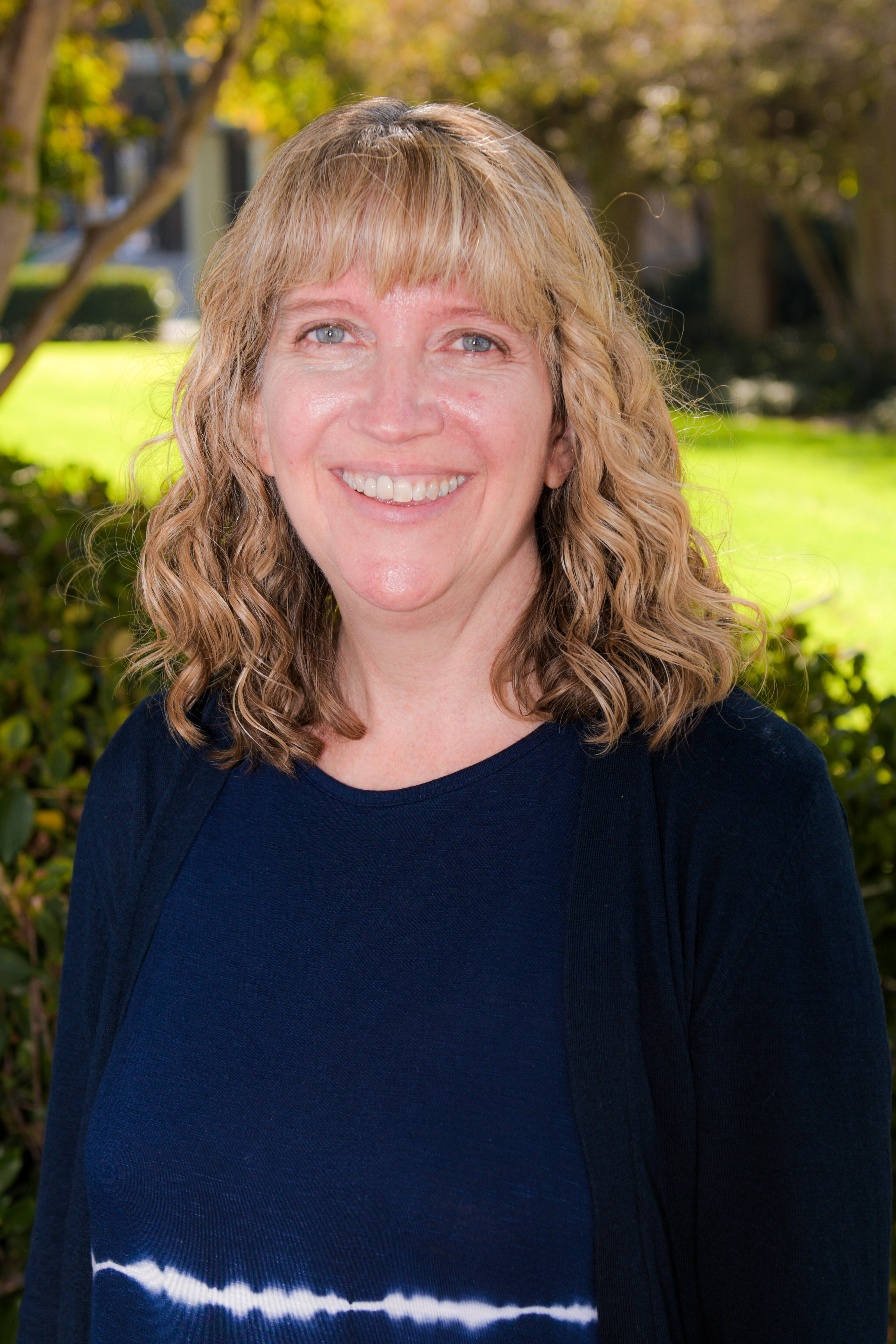Lisa A. Flanagan, Ph.D.
Lisa A. Flanagan, Ph.D.
Professor
Biography
Dr. Flanagan received her B.S. in Zoology/Psychology from Duke University and her Ph.D. from the Neuroscience Program at the University of California, San Diego, where she worked in the field of Alzheimer’s disease in the lab of Dr. Tsunao Saitoh. She carried out postdoctoral studies at Brigham and Women’s Hospital and Harvard Medical School in the laboratory of Dr. Paul Janmey and then became an Instructor in Medicine in a program headed by Dr. Thomas Stossel. Dr. Flanagan is currently an Assistant Professor in the Department of Neurology at the University of California, Irvine.
Research in Lay Terms
Dr. Flanagan’s lab is interested in how the neural stem cells that form the brain and spinal cord decide to become one of the three cell types of the central nervous system: neurons, astrocytes, or oligodendrocytes. They hope that understanding this process will lead to greater control over the final differentiated phenotypes of transplanted stem cells.
Research Focus
Neural and embryonic stem cells, neurogenesis, stem cell fate decisions, neuronal cell biology, neuronal regeneration, 3D matrices
Research Details
Dr. Flanagan’s research program combines the fields of neural cell biology and bioengineering to address issues critical to the successful transplantation of neural stem cells (NSCs) for the repair of injured or diseased central nervous system (CNS) tissue. As such, her lab is investigating factors that affect the differentiation of NSCs into the three CNS lineages (neurons, astrocytes or oligodendrocytes) and exploring means to direct fate decisions of transplanted or endogenous cells for optimal repair and regeneration. Dr. Flanagan’s lab has taken two complementary approaches to these problems. In one, they are developing novel non-invasive methods to identify the fate potential of undifferentiated stem cells with the goal of isolating cells biased to a particular fate. In the other, they investigate the role of extracellular matrix cues in regulating the behavior of NSCs in order to generate instructive three-dimensional matrices for NSC transplantation. Their goal is to achieve greater control over the differentiation of transplanted or endogenous stem cells to unravel the contributions of each cell type to effective repair and potentially maximize their ability to provide functional recovery. These studies have clinical applications for the treatment of spinal cord injury, Alzheimer’s disease, and stroke.
PubMed Link
http://www.ncbi.nlm.nih.gov/pubmed?term=flanagan%20la
Related Links

Email: lisa.flanagan@uci.edu
Phone: (949) 824-5786
Lab Admin: Lisa McDonnell
Lab Admin Email: lmcdonn1@uci.edu
Lab Admin Phone: (949) 824-0245
Department Affiliations:
Department of Neurology, School of Medicine
Favorite book:
anything by Barbara Kingsolver or Toni Morrison
Favorite Movie:
Moonstruck
Favorite Quote:
”You keep using that word. I do not think it means what you think it means.”